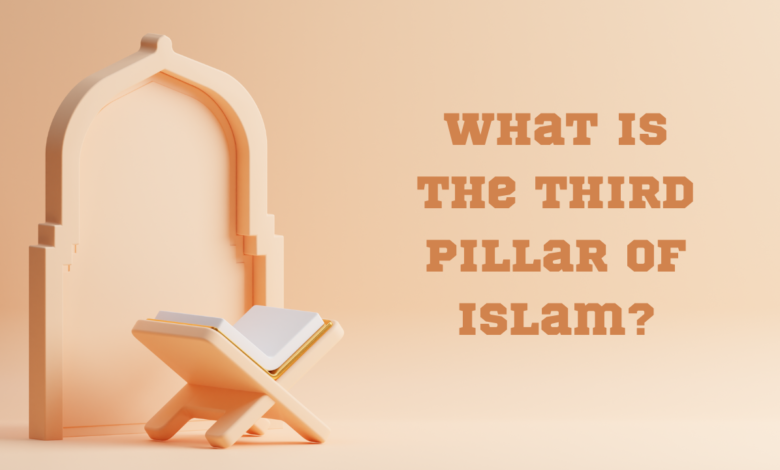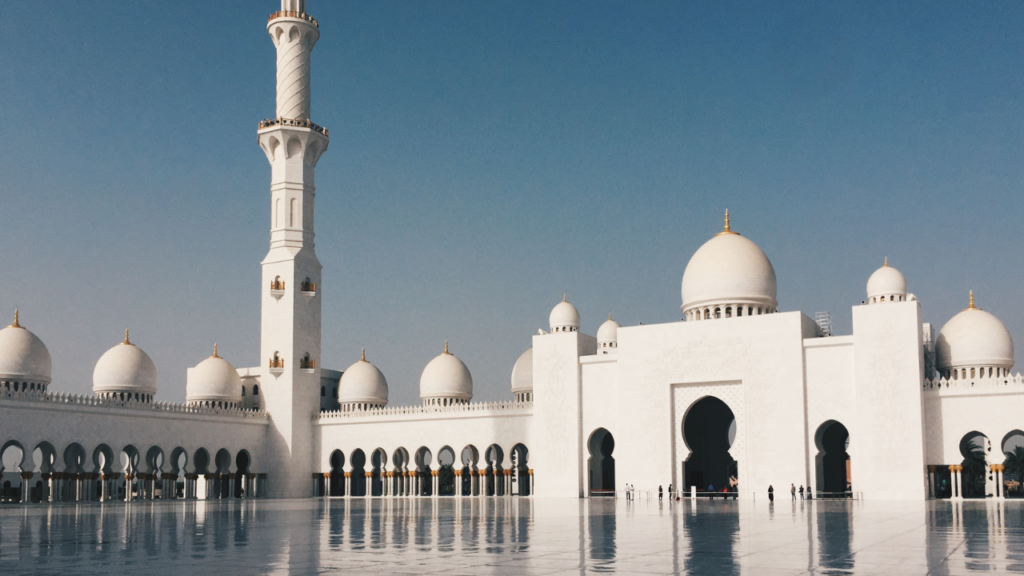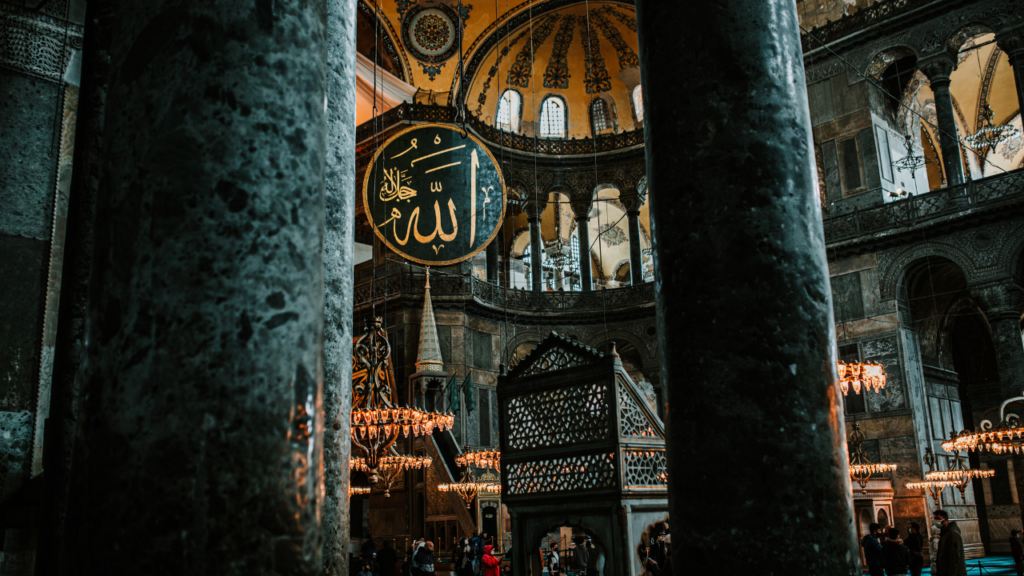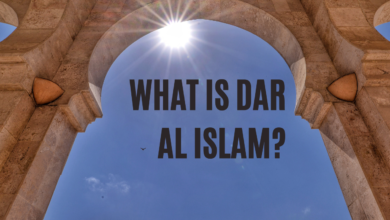
What Is The Third Pillar Of Islam?
The Third Pillar of Islam is Zakat, which is an obligatory form of charity and almsgiving for Muslims.

Introduction
Islam, one of the world’s major religions, is built upon a set of foundational principles and practices known as the Five Pillars of Islam. These five pillars serve as the core framework for the faith, guiding Muslims in their spiritual journey and relationship with Allah (God). The third pillar, Zakat, is a fundamental aspect of Islamic belief, emphasizing the importance of charity, almsgiving, and social responsibility within the Muslim community. In this article, we will delve into the meaning, significance, and practice of Zakat.
Understanding Zakat
Zakat, pronounced “zuh-kaht,” is an Arabic term that translates to “purification” or “growth.” It is an obligatory form of almsgiving and charitable giving in Islam, intended to purify the wealth of Muslims and promote economic equity within the community. This pillar serves as a reminder that wealth is a trust from Allah and should be used for the betterment of society.
Also check.
- What Is The Fourth Pillar Of Islam?
- What To Say When Someone Dies In Islam
- What is Islamism?
- What Does Allah Look Like?
- What is Gambling in Islam?
The Obligation of Zakat
The obligation of Zakat is outlined in the Quran, the holy book of Islam, and is reiterated in the Hadith, the recorded sayings and actions of the Prophet Muhammad (peace be upon him). Muslims who meet certain financial criteria are required to give a portion of their accumulated wealth to those in need. The specific guidelines for Zakat are as follows:
- Nisab (Wealth Threshold): Muslims must possess a minimum amount of wealth known as the Nisab to be eligible for Zakat. This threshold is determined by the value of 87.48 grams of gold or its equivalent in silver.
- Calculation: Zakat is typically calculated as 2.5% of one’s eligible assets, which may include savings, investments, jewelry, and other valuable assets. Agricultural produce and livestock may also be subject to Zakat, with varying rates.
- Recipients: Zakat is meant to benefit the less fortunate members of society, including the poor, needy, orphans, widows, and those in financial distress. It can also be used for charitable causes such as building schools, hospitals, or other community projects.
The Significance of Zakat
- Spiritual Growth: Zakat is not merely a financial obligation but also a means of spiritual growth and purification. By giving a portion of their wealth to those in need, Muslims cleanse their hearts from greed and materialism, fostering a sense of empathy and compassion.
- Economic Equity: Zakat plays a crucial role in promoting economic equity and social justice within the Muslim community. It redistributes wealth from the affluent to the marginalized, reducing poverty and income inequality.
- Community Cohesion: Zakat strengthens the bonds of community and solidarity among Muslims. It reminds individuals of their responsibility to support one another and fosters a sense of belonging and mutual care.
- Divine Reward: Muslims believe that fulfilling the obligation of Zakat leads to immense spiritual rewards from Allah. It is considered a way to seek His blessings, forgiveness, and favor.
Practical Implementation
The process of giving Zakat involves a few key steps:
- Calculation: Muslims calculate their Zakat based on the value of their eligible assets. This can be done annually or as needed.
- Distribution: Zakat is distributed to eligible recipients directly or through trusted organizations and institutions. Many Muslim-majority countries have established government agencies to facilitate Zakat collection and distribution.
- Record-keeping: Proper records of Zakat payments are maintained to ensure compliance with Islamic law and to keep track of one’s charitable contributions.
Conclusion
Zakat, the third pillar of Islam, stands as a testament to the faith’s emphasis on charity, almsgiving, and social responsibility. It serves not only as a means to purify one’s wealth but also as a powerful tool for promoting economic equity and community cohesion. Through the practice of Zakat, Muslims strive to embody the values of empathy, compassion, and social justice that lie at the heart of Islam.

FAQs
What is the Third Pillar of Islam?
The Third Pillar of Islam is Zakat, which is an obligatory form of charity and almsgiving for Muslims.
What does the word “Zakat” mean?
The term “Zakat” in Arabic translates to “purification” or “growth.”
Why is Zakat considered a pillar of Islam?
Zakat is considered a pillar of Islam because it is one of the fundamental practices and beliefs that shape the faith. It emphasizes charity, social responsibility, and economic equity within the Muslim community.
What is the purpose of Zakat in Islam?
The primary purpose of Zakat is to purify the wealth of Muslims by encouraging them to give a portion of their wealth to those in need. It also aims to promote social justice, reduce poverty, and foster a sense of compassion and solidarity among Muslims.
Who is required to pay Zakat?
Muslims who meet certain financial criteria and possess wealth above the Nisab (minimum threshold) are required to pay Zakat.
How is Zakat calculated?
Zakat is typically calculated as 2.5% of one’s eligible assets, which may include savings, investments, jewelry, and other valuable assets. Rates may vary for agricultural produce and livestock.
Can Zakat be given to anyone in need?
Zakat is meant to benefit specific categories of recipients, including the poor, needy, orphans, widows, and those in financial distress. It can also be used for charitable causes such as building schools, hospitals, or other community projects.
Is Zakat a voluntary or obligatory act of charity?
Zakat is an obligatory act of charity for eligible Muslims. It is one of the Five Pillars of Islam and is considered a religious duty.
When should Zakat be given?
Muslims are encouraged to calculate and give Zakat annually, usually during the Islamic lunar calendar month of Ramadan. However, it can be given at any time if the financial conditions meet the criteria.
What are the benefits of giving Zakat?
Giving Zakat is believed to bring spiritual rewards, blessings, and forgiveness from Allah. It also fosters a sense of empathy, compassion, and community among Muslims.




